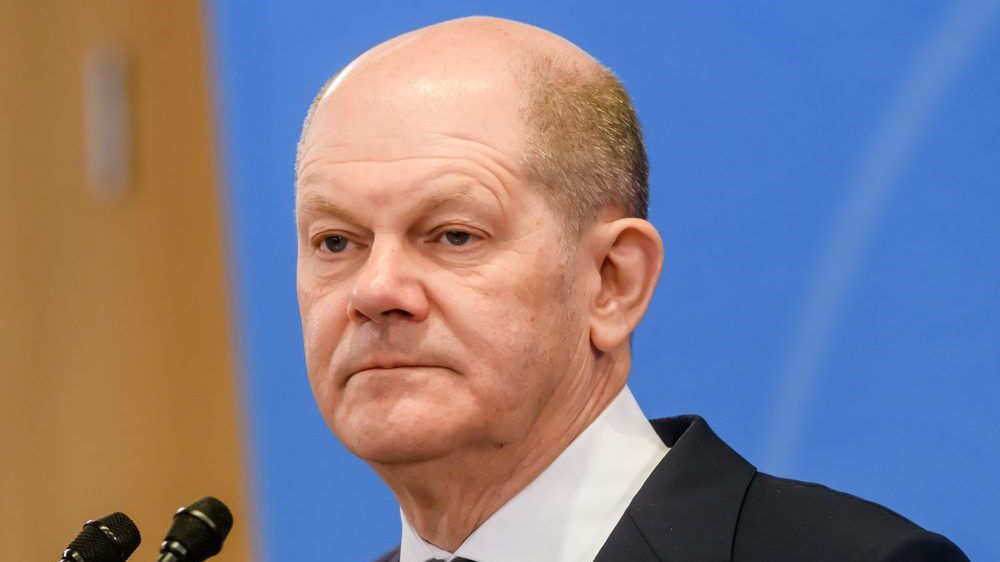
German Chancellor Olaf Scholz.
Days after Chancellor Olaf Scholz met with U.S. President Joe Biden in Washington and the two vowed to continue imposing severe costs on Moscow over the war in Ukraine, the German leader said that China has insisted that it will not supply Russia with weapons, hinting that Berlin may have received assurances from Beijing on the matter.
The meeting between Biden and Scholz took place under rather strange circumstances, only weeks after German opposition lawmakers called for investigative committees to be set up in connection with the attack on the Nord Stream pipelines, which Pulitzer Prize-winning investigative journalist Seymour Hersh, in a recently published exposé, accused the U.S. government of carrying out.
The German chancellor’s statements about China and Russia came on Sunday, March 5th, during a press conference with European Commission President Ursula von der Leyen, held at the German government retreat in Meseberg north of Berlin. While Von der Leyen told reporters that the EU has received “no evidence” from Washington that Beijing is thinking of arming Moscow, Scholz alleged that China had pledged it would not supply Russia with lethal military support.
“We all agree that there should be no arms deliveries, and the Chinese government has declared that it will not deliver any either,” Scholz said, adding: “We insist on this and we are monitoring it.”
During an interview that aired on CNN the same day, two days after his meeting with Joe Biden in the oval office, Scholz warned that there would be “consequences” for China if it chose to aid Moscow with weapons.
“I think it would have consequences, but we are now in a stage where we are making clear that this should not happen, and I’m relatively optimistic that we will be successful with our request in this case, but we will have to look at [it] and we have to be very, very cautious,” the German chancellor told CNN’s Fareed Zakaria.
Scholz’s comments come weeks after U.S. Secretary of State Anthony Blinken expressed deep concern that China may be on the verge of providing lethal aid to Russia to help it in its war.
“The concern that we have now is, based on information we have, that they’re considering providing lethal support,” Blinken told the U.S. press last month following the Munich Security Conference, where he met with his Chinese counterpart Wang Yi.
“And we’ve made very clear to them that that could cause a serious problem for us and in our relationship,” Blinken added.
Last Friday, March 3rd, Scholz and Biden held private talks at the White House focused exclusively on Ukraine, including “global solidarity” with its people as well as continuing efforts to provide the country with weapons, humanitarian aid, economic aid, and political assistance.
Biden thanked Scholz for his “strong and steady leadership” and for Germany’s “profound” support of Ukraine which he said has made a “huge difference.”
Scholz, for his part, stressed the need for Western allies to demonstrate they will back Kyiv “as long as it takes and as long as is necessary.”
